The week's good news: March 4, 2021
It wasn't all bad!

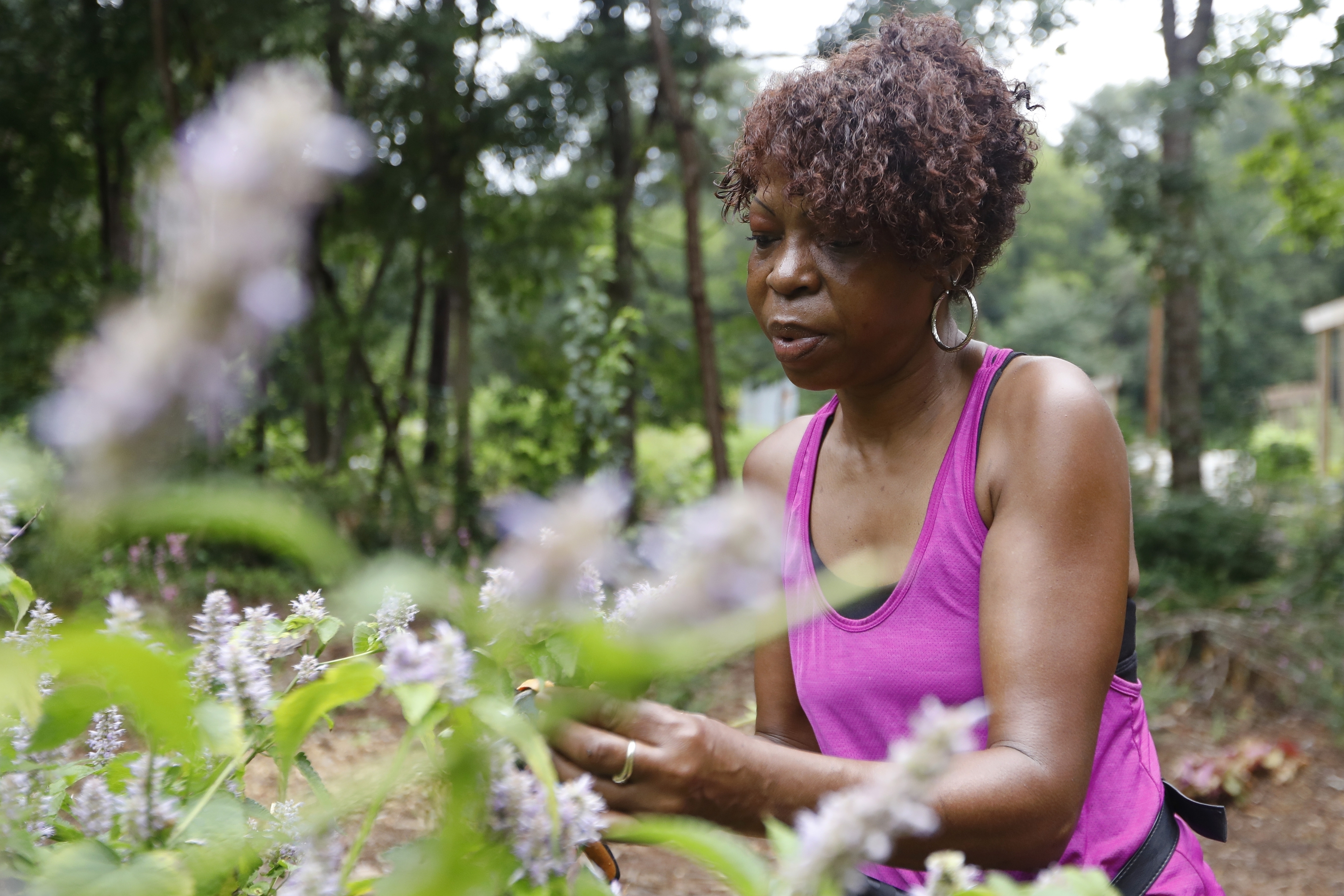
- 1. A long-lost family photo makes its way back where it belongs
- 2. Free food forest transforms Atlanta neighborhood
- 3. Tech-savvy Chicago teen helps seniors get signed up for COVID-19 vaccines
- 4. Researchers find a way to virtually open a sealed letter from 1697
- 5. Woman tracks down owner of surfboard that washed ashore after traveling 400 miles
A free daily email with the biggest news stories of the day – and the best features from TheWeek.com
You are now subscribed
Your newsletter sign-up was successful
1. A long-lost family photo makes its way back where it belongs
Fifteen years ago, as Victoria Johnson read a used book she had just purchased, a photograph fell out. Johnson, a professor in New York, kept the photo and would look at it often, wondering about the family pictured. In February, she tweeted the image and asked if anyone had information — soon, she heard from a woman who said the man in the photo was her great-uncle, Sheldon Sudduth. The photo of Sheldon, his wife Margaret, and their daughters Valerie and Sharon was taken in 1964 at their home in Topeka. While Sheldon and Margaret have died, Valerie and Sharon are both alive and reside in Texas. During a phone call, Valerie Sudduth told Johnson that her mother was a widow and met Sheldon at church. Sudduth explained to Johnson that in the picture, she "looks so happy because she was thrilled about her new dad." The photo is now on its way to Sudduth.
2. Free food forest transforms Atlanta neighborhood
An abandoned lot in southeast Atlanta is now a vibrant free food forest, where neighborhood residents can learn about healthy eating while enjoying fresh fruits, vegetables, and nuts. The food forest spans 7.1 acres, with 2,500 edible and medicinal plants. The land was originally used by pecan farmers, and then rezoned for townhouses. When the property entered foreclosure, the Conservation Fund bought the land, and it was transformed into the Urban Food Forest at Browns Mill, the nation's largest free food forest. The forest has nut trees, fruit trees, berry bushes, vegetables, and herbs, grown in a way that mimics nature, certified arborist Michael McCord said. McCord helps manage the forest, and told CNN everything in the space is "a teachable moment, whether it be trees, trails, bees or vegetables. That's what's most important to me — that we're raising awareness about sustainability and agriculture." More than 1,000 volunteers help maintain the forest.
The Week
Escape your echo chamber. Get the facts behind the news, plus analysis from multiple perspectives.

Sign up for The Week's Free Newsletters
From our morning news briefing to a weekly Good News Newsletter, get the best of The Week delivered directly to your inbox.
From our morning news briefing to a weekly Good News Newsletter, get the best of The Week delivered directly to your inbox.
3. Tech-savvy Chicago teen helps seniors get signed up for COVID-19 vaccines
At 14, Benjamin Kagan isn't old enough to get the coronavirus vaccine — but he can help those who are eligible secure appointments. Due to a limited number of appointments, getting signed up has been hard for most people, and it's even more daunting for those who don't have access to a computer or have a slower internet connection. After making appointments for his grandparents, Kagan, a Chicago resident, was inspired last month to start Chicago Vaccine Angels, a group where volunteers secure appointments for people in need of assistance. It hasn't been easy, the tech-savvy high schooler said. Kagan has to be on his computer at midnight, ready to get in a virtual line, and "it's incredibly complicated to navigate even for myself," he told CBS Chicago. It's worth it, though — since launching Chicago Vaccine Angels, Kagan has helped more than 119 people, mostly seniors, get appointments.
CBS Chicago The Washington Post
4. Researchers find a way to virtually open a sealed letter from 1697
More than 300 years after it was mailed, a letter discovered in the Netherlands has finally been opened — virtually. Jana Dambrogio, a conservator with the Massachusetts Institute of Technology Libraries, told NPR that before the gummed envelope was invented in the 1830s, people would secure letters via "letterlocking," using intricate folds, creases, and slits to transform the piece of paper into a package. With a team of researchers, Dambrogio was able to take a locked letter from 1697 found in The Hague and read it, without disturbing anything. An X-ray scanner was used to make a 3D image of the letter, but because it was folded so many times, the words look jumbled. The team had to "find a way to manipulate that data and actually virtually unfold it so that we could get it into a flat state," researcher Amanda Ghassaei told NPR. Success came after using a brute-force algorithm, and the team learned the letter was a request for an official death certificate.
A free daily email with the biggest news stories of the day – and the best features from TheWeek.com
5. Woman tracks down owner of surfboard that washed ashore after traveling 400 miles
When his surfboard drifted away during a November surfing session in northeastern England, Lee Brogan thought it was gone forever. Instead, it was found five weeks later, more than 400 miles away, by a woman intent on getting the surfboard back to its owner. The board traveled across the North Sea, washing up in the village of Skeld in the Shetland Islands. Stephanie Riise discovered the board, and posted photos of it on a Facebook page called Shetland Seashore Discoveries. Riise told The Scotsman she hoped the owner would quickly claim it, and within an hour received a message that the board belonged to Brogan. It was "unbelievable" how fast it all came together, Riise said, and once a "shocked" Brogan provided proof it was his surfboard, they worked on a plan to get it back to him. The surfboard has a few dings and needs some paint, but considering the long journey, it's in good shape.
Catherine Garcia has worked as a senior writer at The Week since 2014. Her writing and reporting have appeared in Entertainment Weekly, The New York Times, Wirecutter, NBC News and "The Book of Jezebel," among others. She's a graduate of the University of Redlands and the Columbia University Graduate School of Journalism.
-
 The Olympic timekeepers keeping the Games on track
The Olympic timekeepers keeping the Games on trackUnder the Radar Swiss watchmaking giant Omega has been at the finish line of every Olympic Games for nearly 100 years
-
 Will increasing tensions with Iran boil over into war?
Will increasing tensions with Iran boil over into war?Today’s Big Question President Donald Trump has recently been threatening the country
-
 Corruption: The spy sheikh and the president
Corruption: The spy sheikh and the presidentFeature Trump is at the center of another scandal
-
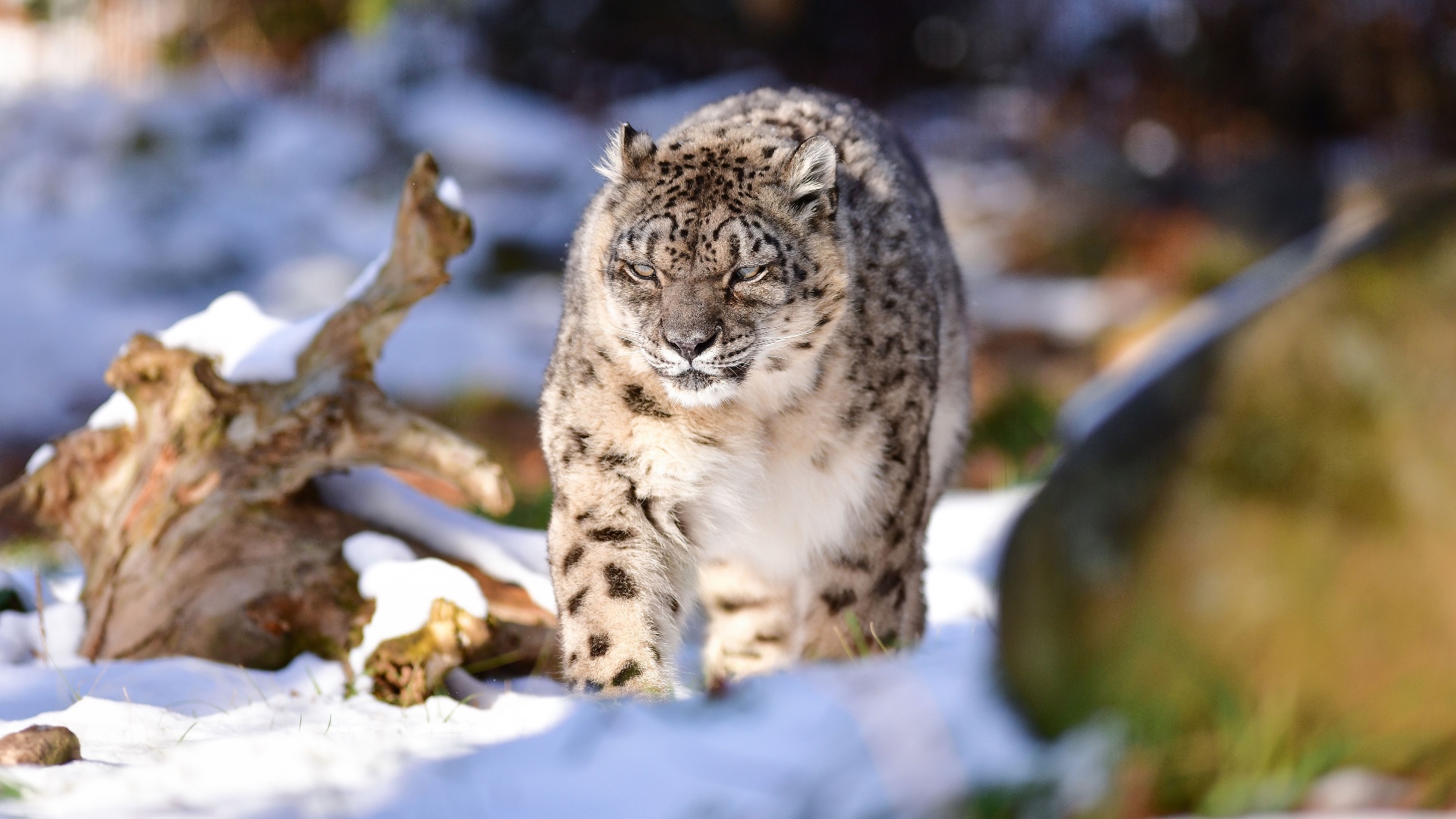 The week's good news: Sept. 21, 2023
The week's good news: Sept. 21, 2023It wasn't all bad!
-
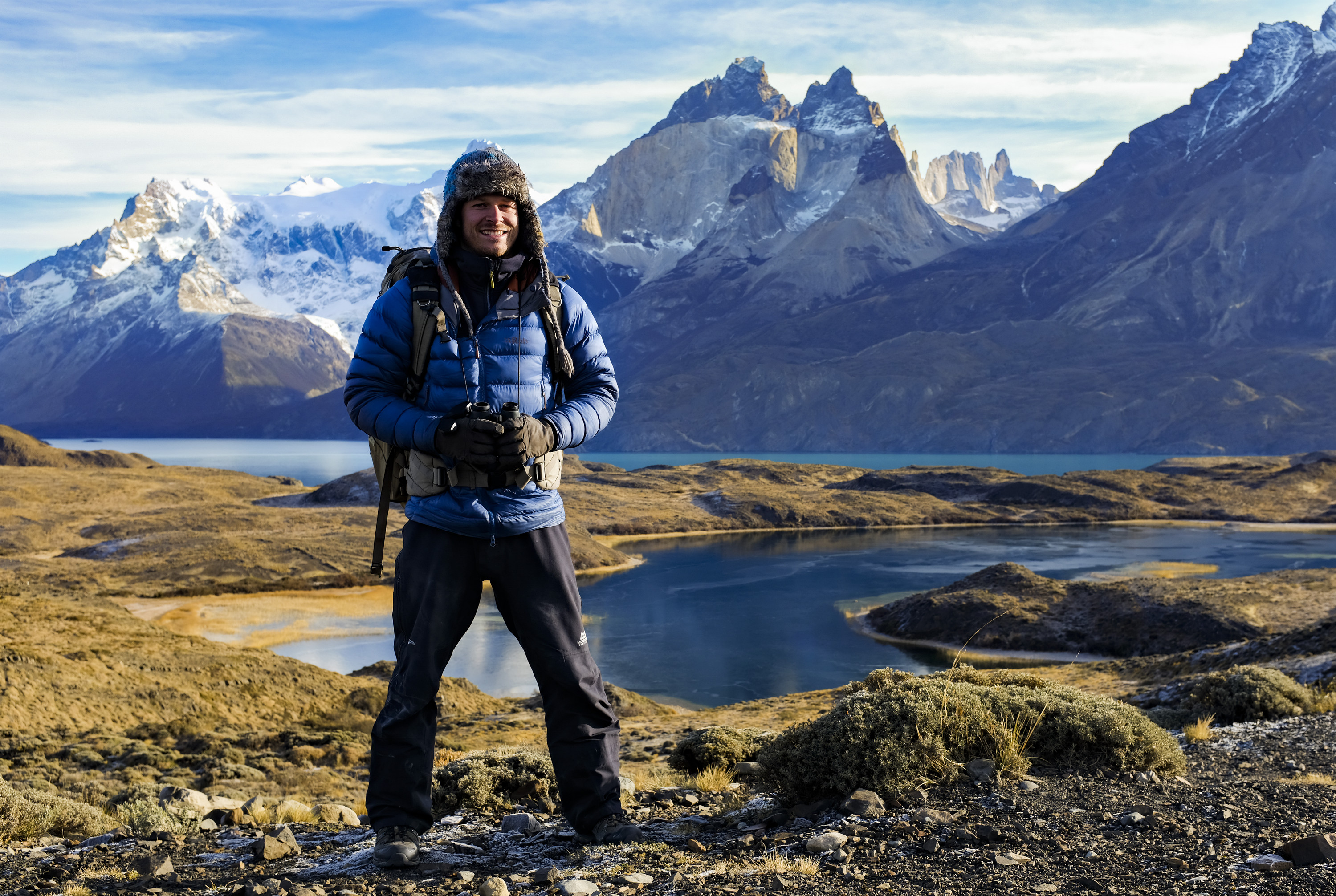 The week's good news: Sept. 14, 2023
The week's good news: Sept. 14, 2023It wasn't all bad!
-
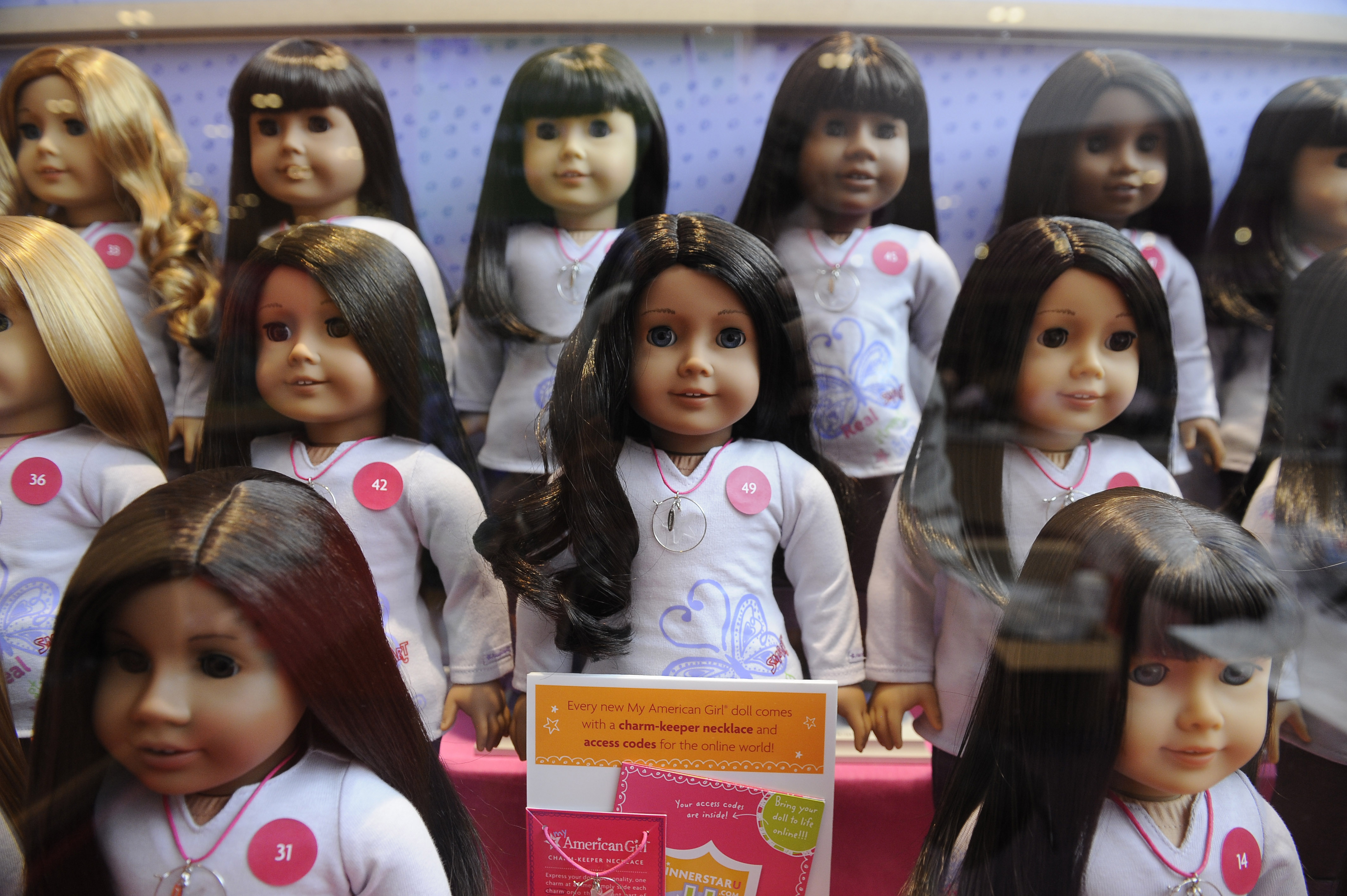 The week's good news: Sept. 7, 2023
The week's good news: Sept. 7, 2023feature It wasn't all bad!
-
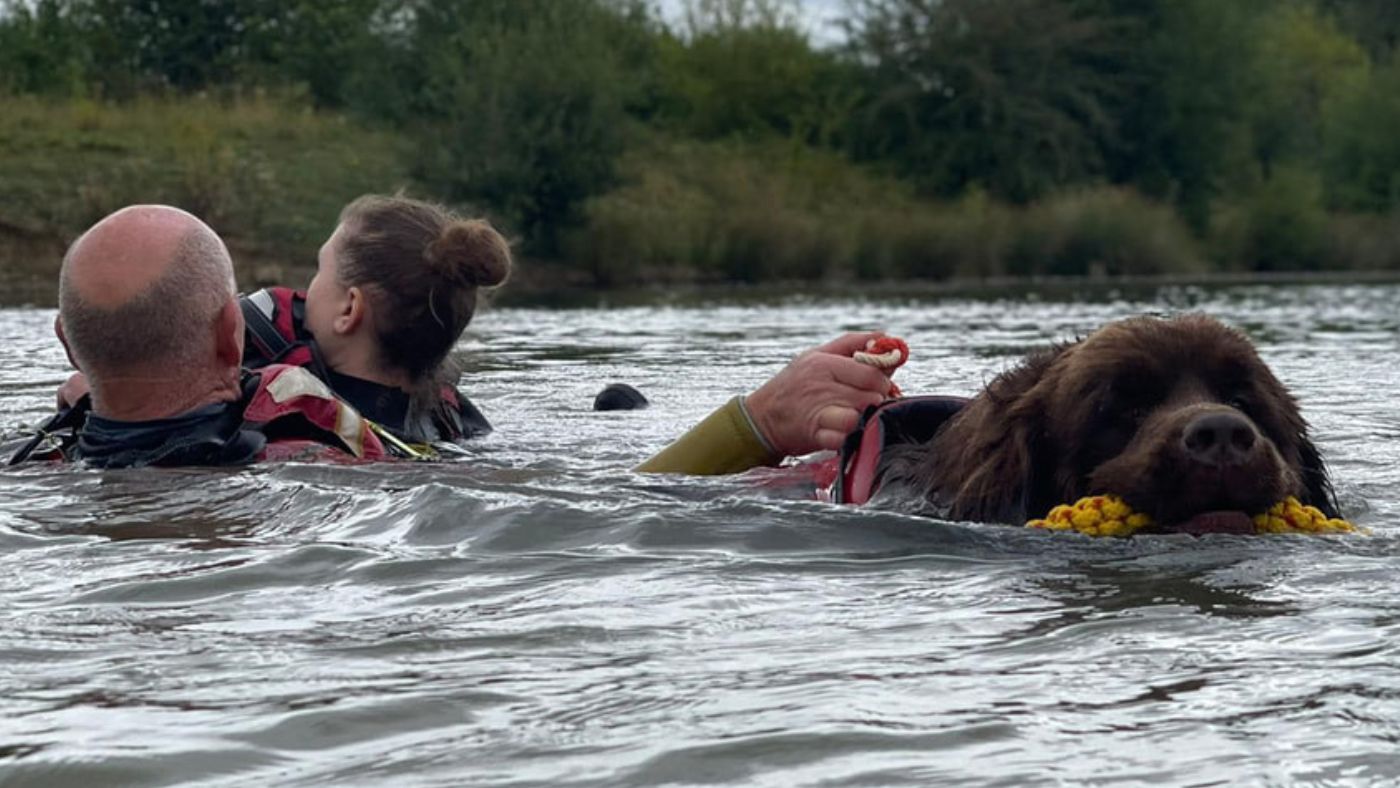 Lives transformed by swimming with Newfoundland dogs
Lives transformed by swimming with Newfoundland dogsfeature Good news stories from the past seven days
-
 The week's good news: August 31, 2023
The week's good news: August 31, 2023feature It wasn't all bad!
-
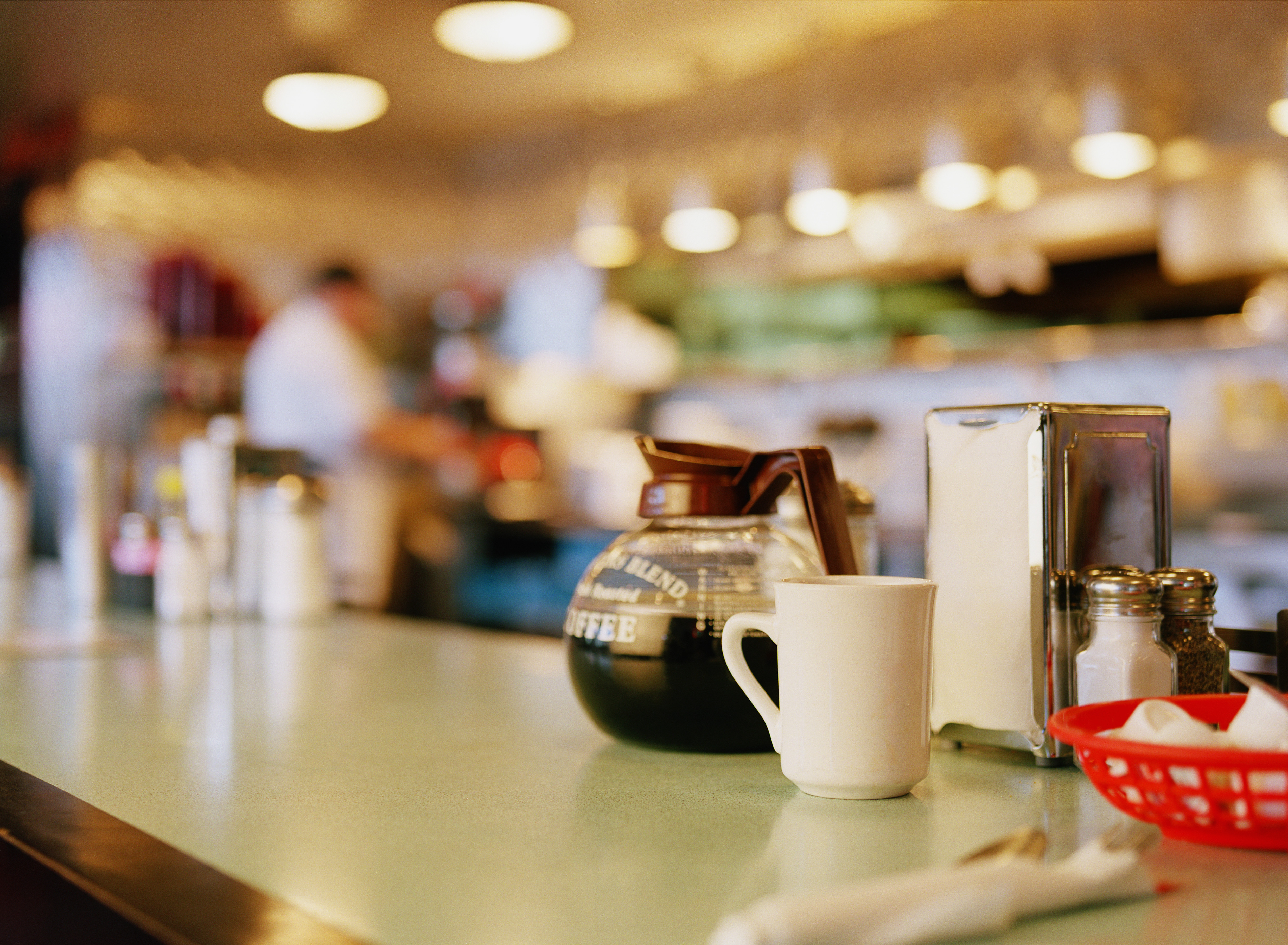 The week's good news: August 17, 2023
The week's good news: August 17, 2023feature It wasn't all bad!
-
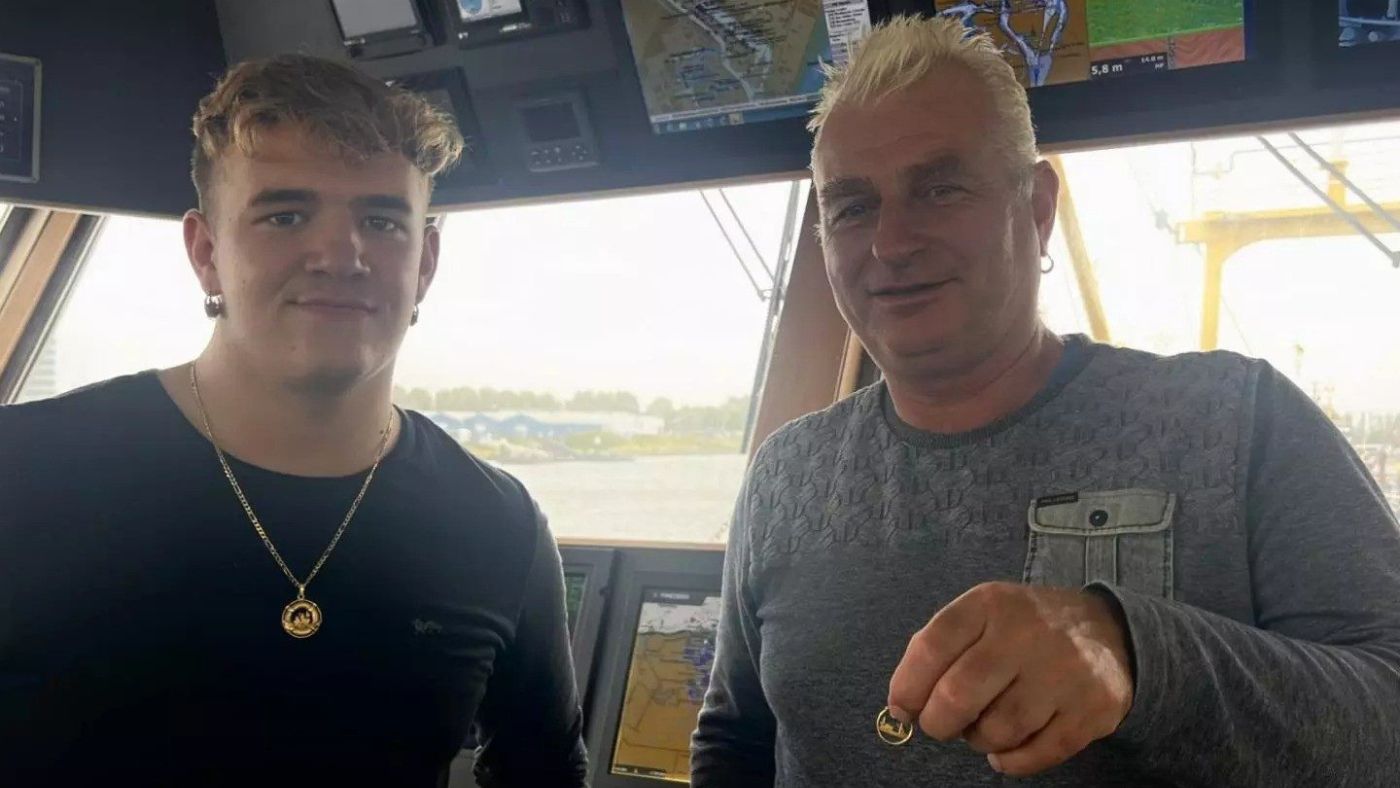 Earring lost at sea returned to fisherman after 23 years
Earring lost at sea returned to fisherman after 23 yearsfeature Good news stories from the past seven days
-
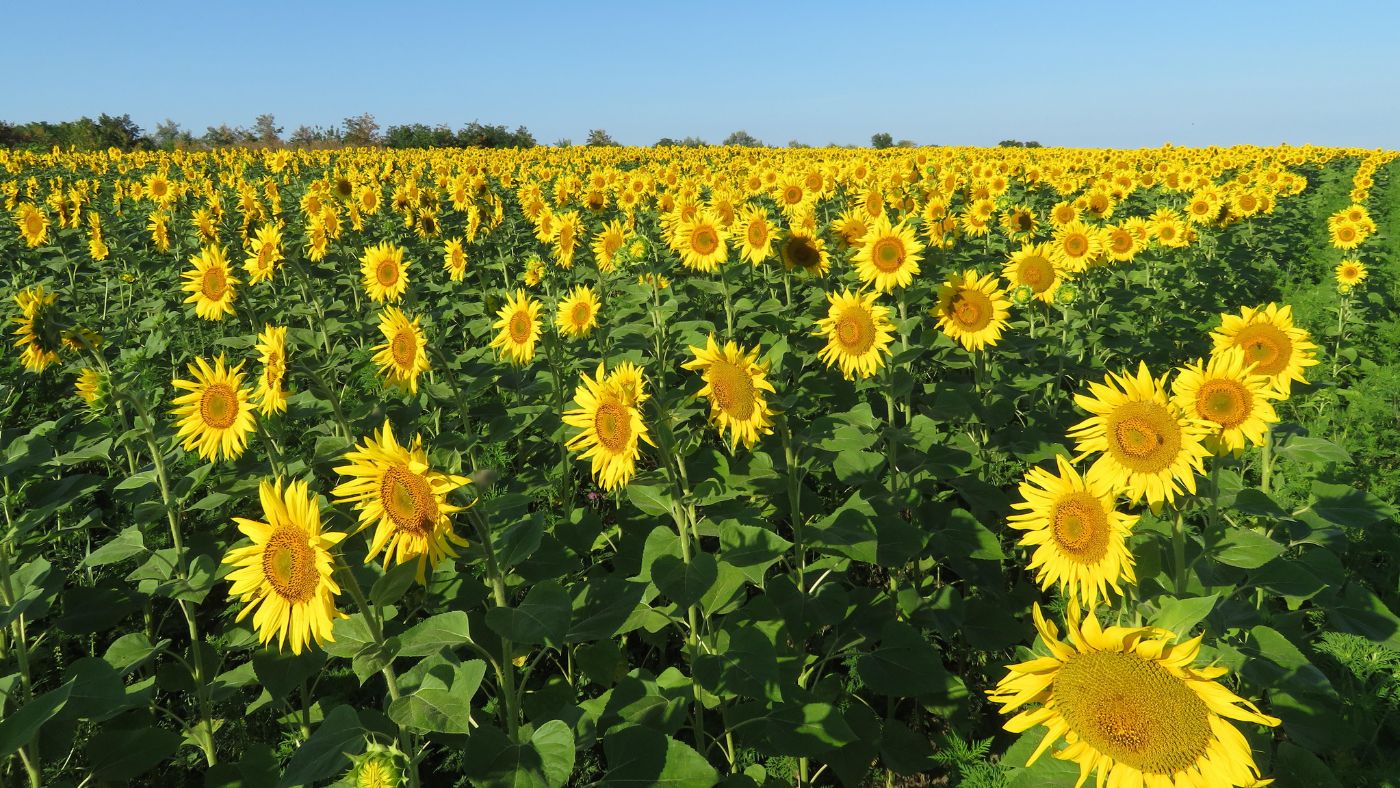 Farmer plants 1.2m sunflowers as present for his wife
Farmer plants 1.2m sunflowers as present for his wifefeature Good news stories from the past seven days
